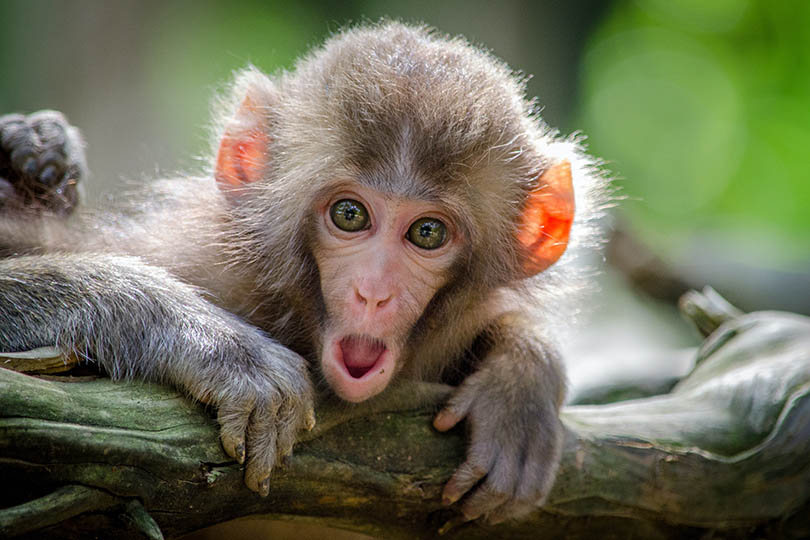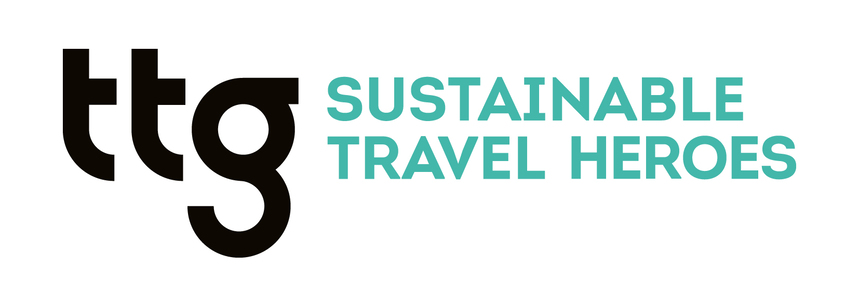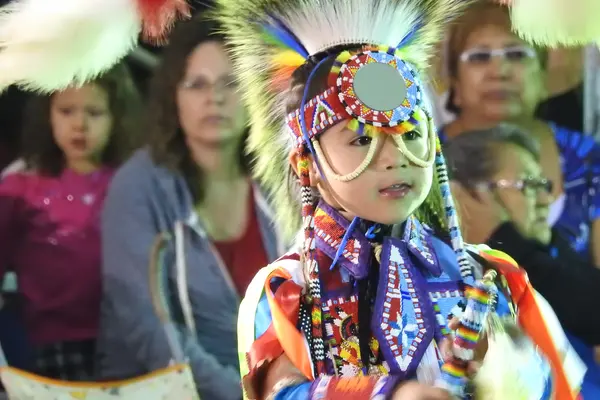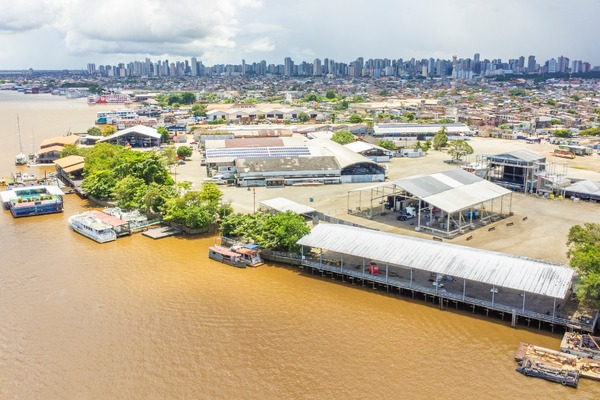How to identify responsible wildlife encounters
Animal encounters may be high on clients’ travel wish lists, but unethical practices can do untold harm. Mary Ann Haslam explores responsible wildlife experiences and how you can sell and support them
There’s no denying the thrill of spotting one of the Big Five in the bush, or glimpsing a turtle in the ocean. But tours that exploit wildlife and their natural habitat can cause lifetime trauma for the creatures involved.
Recognising whether an encounter is animal-friendly or not can be tricky for the uninitiated, while the thought of talking with clients who are new to the concept may be daunting. We’ve asked our TTG Sustainable Travel Heroes partners for their advice so you can champion wildlife-friendly tours with confidence and get clients onboard too.
COMPLEX ISSUE
The ethics behind wildlife tourism and animal welfare can be complicated, as different species require different approaches. One might question whether agents should even sell them at all. In Abta’s 2019 Holiday Habits research, 66% of those polled said they “have concerns about the impact of tourism and how animals are treated”. However, carefully managed experiences that secure animals’ wellbeing can be a force for good, as they can be educational for clients and support conservation in local communities.
For example, for G Touring (Just You and Travelsphere), animal preservation and rehabilitation lie at the core of its values. Just You’s Thailand – A Land of Smiles itinerary is one example of a tour that enables customers to visit the Elephant Nature Park, which is a sanctuary for free-roaming elephants.
Research has shown that when mother and baby elephants are separated, the young elephants endure isolation and physical and mental trauma. And although elephants are large in comparison to their rider, their spines are not made for heavy loads, resulting in life-changing spinal issues.
“Here customers learn all about how elephants have been rescued and why. They also get the incredible chance to feed them from a special viewing platform,” says G Touring’s sales director Sarah Weetman. “During the visit customers head to the river where they see these gentle creatures as they bathe and play in the water, enjoying life as it should be. Respected and loved.”
SEA CHANGE
Hurtigruten is also an avid advocate of responsible travel and uses the UN Sustainable Development Goals as a framework for its moral code. The company created the Hurtigruten Foundation in 2015 in collaboration with its guests and suppliers, with the aim of creating a positive impact on the ocean, wildlife and local communities.
THE BLACK LIST
Abta has created Animal Welfare Guidelines listing unacceptable practices, including:
Animals in captive attractions
- Animal breeding or commercial trade in sanctuaries and orphanages
- Tourists holding wild animals (or posing with them for photos) where the animal doesn’t have the choice to terminate the interaction or move away
- Tourist contact with or feeding of elephants without a barrier
- Elephant shows or performances
- Tourist contact, feeding of and “walking with” wild cats
- Unlicensed zoos
- The manual for cetaceans (aquatic mammals such as whales, dolphins, porpoises) is still under review, but tourist contact or feeding of orca, and unsupervised tourist feeding of cetaceans are unacceptable
Animals in cultural events and activities
- Animals used for begging (eg, dancing bears, snake charming)
- Any animal fighting, whether against humans or other animals
- Bull running
- Rodeo events including calf roping, team roping, steer wrestling, bareback horse/bull riding using flank straps, wild-cow milking, wild horse racing or horse/steer tripping
The free-roaming wild
- Unregulated animal and plant collection from the wild
- Human-initiated contact with and feeding of animals in the wild
- Trade and sale of endangered wildlife products
- Trophy hunting
Guests get the chance to spot native species on small, unobtrusive boats, and can join scientific research to help track birdlife or cetaceans. Via the Happywhale scheme, the line’s guests can submit images of humpback whale tail flukes, the dorsal fins of other whale species and the scars of various marine creatures to a database. Once a photo is submitted, an AI-based image-processing algorithm sees if there’s a match in the existing 330,917 images. What’s exciting for clients is that if the whale they saw is spotted a week, a month or years later, they will receive an email update of its latest location.
“This enables scientists to monitor migratory routes and get a better understanding of animals’ health and environmental circumstances,” says Hurtigruten.
CORAL COMMITMENT
Iberostar is another group driving positive habits via its Wave of Change initiative, launched in 2018.
“We have a commitment to having all of the eco-systems that surround our hotels improving in health by 2030,” says business development director Aishling McLoughlin. One of the group’s projects includes its Coral Reef Lab at Iberostar Selection Bavaro, Dominican Republic. The facility studies coral bleaching and how the reefs withstand climate change and rising ocean temperatures. Guests can view live corals and discover more about their importance within the marine eco-system.
BREAKING THE MOULD
Intrepid knows tourism can be a driver of animal cruelty. In 2014 it was the first company to ban elephant rides across all its tours, and today does not permit activities that allow customers to pet or walk with wild animals – such as lion walks.
To bolster this message to its guests and partners, it has collaborated with World Animal Protection to create an Animal Welfare Policy Toolkit, detailing steps to become wildlife-friendly and encouraging businesses to commit to its own animal welfare pledge. One of the suggestions is to review animal-related product offerings. Intrepid defines these as “activities that negatively impact animal welfare and the conservation of species in the wild, and/or that are a high risk to the health and safety of your travellers, including direct interaction with wild animals and wild animals performing”.
It also believes businesses should assess the value of these activities to customers and start to look for ethical animal or non-animal alternatives, such as watching creatures in their natural habitats or at a true sanctuary where a safe, respectful distance is kept at all times.
Advocating responsible wildlife experiences need not be a tick-box exercise and, with so many tools at our disposal, we in travel can take the steps to improve the lives of the creatures we share our planet with. When animal tourism is done right, it can empower local communities and encourage them to protect and conserve some of their best assets. So, will you and your business accept the challenge?
Go to ttgmedia.com/sustainabletravelheroes for more responsible tourism news and features.
















